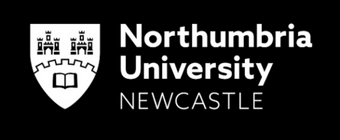The Sport and Exercise Psychology MSc is accredited by the British Psychological Society (BPS) as Stage 1 training, which when accompanied by the BPS Graduate Basis for Chartership (GBC) will provide a basis for professional development as a practitioner in the form of Stage 2 training, as well as further study, employment and enterprise.
Facilitated by an expert team of researchers, and Health and Care Professions Council (HCPC) registered practitioners, this employment focused MSc provides you with key knowledge and practical skills to pursue a career path in sport and exercise psychology. Drawing on research led teaching, practical experiences of staff using real-life examples and innovative assessment strategies, we will ensure that you and your learning are at the forefront of a growing field.
Sport and Exercise Psychologists seek to understand the ways in which thoughts and emotions can affect performance and exercise behaviour. Practitioners use this knowledge to provide psychological skills support, increase motivation and develop self-belief at all levels. Whether that is encouraging members of the public to adopt a more active lifestyle or optimising the performance of sports competitors.














